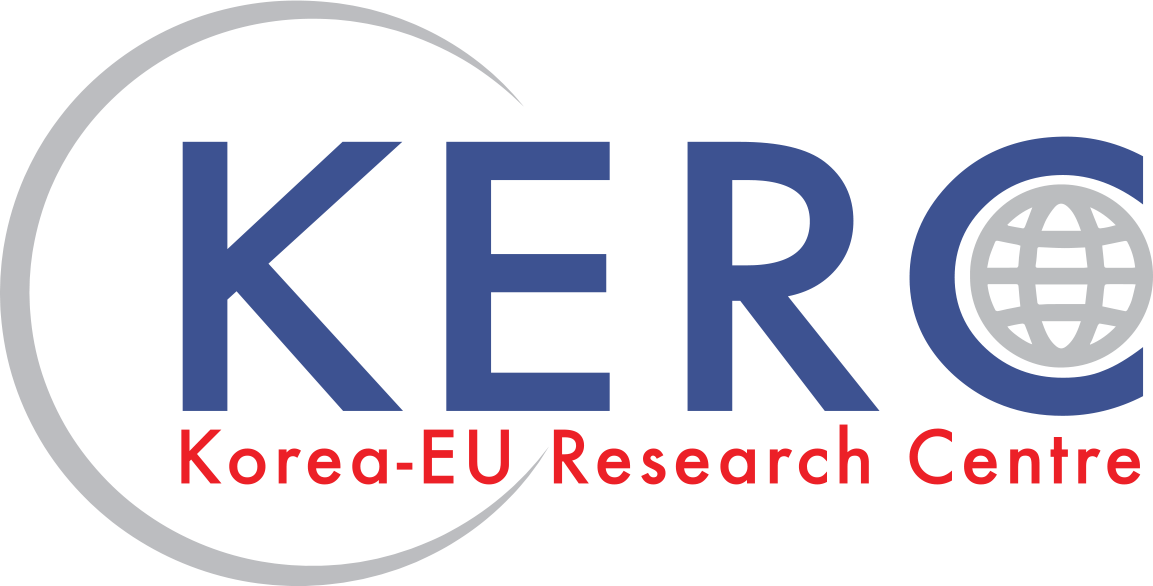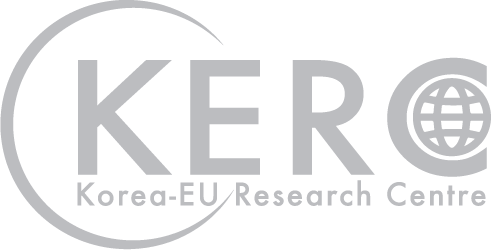On July 15, the Ministry of Science and ICT (MSIT; Minister Lee Jong-Ho) announced five key action plans for achieving the goal of “establishing a new national innovation system based on public and private partnership and driving social development through leading technological innovation and diffusion of digital innovation.”
First, in order to gain the upper hand in technological prowess amid global technology competition, the private sector will take the initiative in innovating the national R&D system to be flexible in responding to changes.
To this end, with the aim of fostering strategic technologies* that will determine the survival of a country, an integrated process of allocating and coordinating R&D budget will be carried out, by combining all projects implemented by each ministry. Projects focusing on competitive strategic technologies, which reflect demand from companies will be implemented, so as to contribute to creating tangible outcomes.
* Technologies selected in September (10+α technologies including semiconductors, aerospace and AI) ⇒ establish roadmap for each sector, which involves specific technologies and the goal for development (2023)
In particular, R&D preliminary feasibility study system will be improved*, to effectively respond to rapid changes in technological environment.
* R&D preliminary feasibility study system improvement
| Projects under examination | Projects with total project cost worth 50 billion won or over 50 billion won | ▶ | Projects with total project cost worth 100 billion won or over 100 billion won (large-scale projects) | |
| Period for examination | 9-11 months, regardless of differences in total project cost | 6 months, if the total project cost is 300 billion won or under 300 billion won | ||
| Project details | Unable to be modified after passing preliminary feasibility study | Plans can be changed even after passing preliminary feasibility study, in the event of rapid environmental changes (COVID-19, export control etc.) |
Second, diverse efforts will be made to boost investment of the private sector, and gain dominance in innovative technologies and promising emerging industries, which are future growth engines for the next ten to twenty years.
For emerging industries such as quantum, cutting-edge biotechnology and 6G, the public and private sectors will work together in preemptively securing fundamental technologies and key patents.
The areas Korea has strength in, which are semiconductors, small modular reactors (SMR), and digital emerging industries (AI, metaverse, blockchain etc.), and cyber security provide support for next-generation technologies to enter market in the shortest period of time, based on driving public demand (market) and supporting overseas expansion.
The space industry, originally led by the government, will nurture companies with many responsibilities (manufacturing+launch operation) and promote the development of space economy, by transferring technology and designating clusters (let the private sector utilize infrastructure).
In particular, the pan-government basic plan for space development and promotion will be established in the second half of this year, in order to provide systematic support to Korea’s space economy. Virtual Fab*, which fosters the joint use of equipments and infrastructure held by industry, academia, and research institutes will be built, so as to lay the groundwork for supporting semiconductor industry.
* Connect over 10 nano fabs including Seoul National University Semiconductor Research Institute, National Nanofab Center of KAIST, and ETRI; reinforce support for educational and research institutes
Third, outstanding talents, who will drive technological innovation will be nurtured.
In the short term, MSIT will consult with the Ministry of Education to make flexible curriculum, by focusing on sectors where there is a serious talent shortage such as semiconductors, to foster talents tailored to the demand from the private sector. In addition, fast learning track and digital talent educational curriculum led by companies will be expanded.
In the mid-to-long term, MSIT plans to operate exceptional programs to secure top-notch talents in strategic technologies. Some of the examples are Talent Ladder program* (growth support project by making connections between talent nurturing programs), Digging One Well program (project to provide long-term support (up to 10 years), and Global Track program (project supporting overseas training of excellent postdocs).
* Evaluation of trainees → Provide support such as exempting online tests and issuing recommendation letters, if trainees wish to take other courses
Fourth, MSIT will strengthen national digital capabilities by working together with the private sector, and place digital innovation at the forefront of society’s interest.
World-class AI skills will be acquired through the development of next-generation AI technologies, and AI technologies for solving challenges in ten fields. At the same time, domestic software industry will be improved entirely, thanks to prioritizing private cloud and shifting to cloud-based service purchase methods.
Efforts will be put in place for supporting the digital transition of enterprises by providing them with vouchers, and implementing local digital innovation projects which are aligned with local flagship industries. Meanwhile, MSIT will actively carry out the digital platform government initiative through the leading project* to provide one-stop service to citizens.
* Collaborate with relevant ministries to simplify the process for claiming indemnity insurance and digitalize real estate transactions
Fifth, MSIT will further enhance support for responding to pending issues directly related to people’s livelihood and providing assistance to the vulnerable class, based on digital capacity and science and technology, with the goal of diffusing technologies that can satisfy everyone.
In contactless society, the benefits of telecommunications service users will be increased, by measures such as diversifying service plans (launching medium-price 5G service plans etc.), improving service quality, installling ultra-high-speed networks for rural areas, securing public Wi-Fi (10,000 places including traditional markets and parks), and providing countermeasures for voice phishing.
In the meantime, R&D activities will be continuously strengthened, in order to ensure inclusive utilization of digital technologies, boost efforts for creating mutually beneficial platform, and resolve social issues.
In addition, MSIT will take the initiative in innovating pan-government regulations and public institutions, as well as overhauling committees.
In particular, MSIT will strive to improve outdated regulations in emerging technologies and industries, and strike a balance between regulations of Korea and foreign countries. Efforts will be put in to establish digital platforms in public institutions and streamline the administrative process, in line with the launch of digital platform government. The committee will be overhauled in ways such as integrating multiple committees into high-level committees.
Minister Lee Jong-Ho of MSIT said, “in order to lead the future and contribute to running a country with a focus on science, technology and digital capabilities, specific policies including ways forward for fostering strategic technologies and national digital strategies will be formulated and smoothly implemented.”
For further information, please contact the Public Relations Division (E-mail: msitpress@korea.kr) or Senior Deputy Director Yang Yeong-jun (E-mail: ideani@korea.kr) of the Ministry of Science and ICT.


